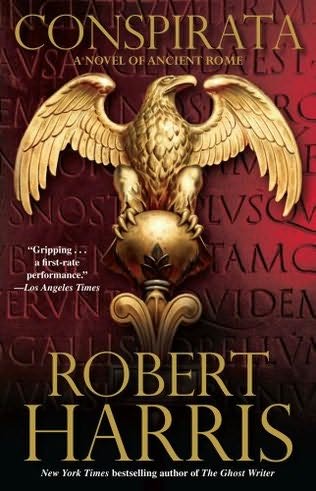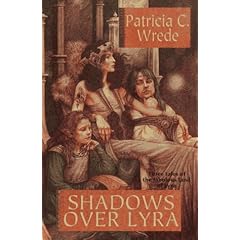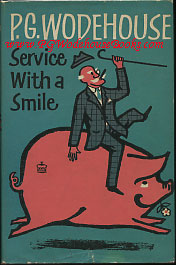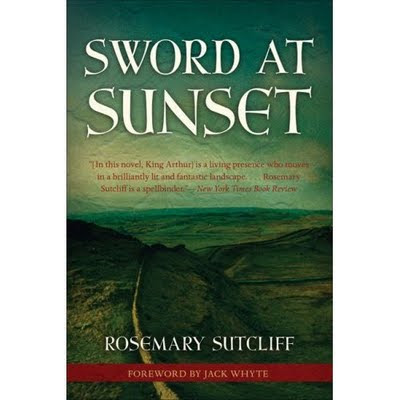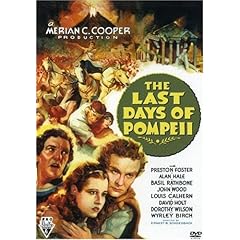
“It wasn't a good idea,” you say.
You were drinking tea in the supine position. After teaching your adult ed class, you lie down in a daze listening to R.E.M. on the headphones. You can’t be bothered to sit up , and since your head is propped on a pillow, you simply lift your tea cup and swig. Cheers. Warm. Your hands are so cold. Could you have some brandy? Just joking. You cannot have brandy. Your doctor gives you pills. Alcohol doesn’t mix with pills. Remember the time you sipped some cooking wine? My God, it was salty. You thought you might pass out.
“What wasn't a good idea?” he asks.
“Teaching adult ed.”
“But I thought you enjoyed it.”
“No.”
“But I hear you in the hall. You sound so relaxed and confident.”
“They don’t respect me. It’s hard to take.”
“They stay after class and talk to you!”
“Yes, but...”
He can’t possibly know. This adult ed class is a real headache. Some are good students, but some don't do the work. Some comprehend one week, but forget everything the next. Then there’s one hostile guy (the first hostile student you've ever encountered, but then you haven't taught in many years) who is always looking for a chance to denigrate you. He likes to interrupt you frequently to deliver mini-lectures on the Roman games (and that is relevant how?). Yes, you have heard it all: the Colosseum, the gladiators, the simulated naval fights on the flooded fields. Smile, smile. Some of the women encourage him. “He’s so smart,” one cooed. He, however, takes off right away after class so none of the women can talk to him. (Gay?)
And then you’re back to grammar, derivatives, and reading simple Latin stories - and the necessary six to seven worksheets you’ve made up painstakingly each week to make sure they get enough practice.
Just when you think they’re progressing - they all were enlightened about the concept of gender, number, and case and excelling on the derivative analysis - all is wiped out of their memories the next week. It’s inexplicable. Can this really be happening? Are they really spending time on it? They’re so sweet. They have their flashcards and they shuffle through them before class. They laugh about learning and relearning their vocabulary. You assure them this is a natural part of the process, but you can see that they reinforce each other in the belief that it’s unnatural to memorize. You emphasize that if they have to “prioritize” (a word you thought you’d never use), learning the vocabulary is the most important thing. But you can never make them close their books during drills because the administrator has made it clear that you must amuse them at all costs and not tax them. And you do mean costs and taxes (ha ha!). After the second week a woman who wanted a full refund after the drop-course “expiration” date complained that your were teaching grammar (and got a refund)! And how else is one to teach Latin? You were truly astonished that you were reprimanded for this. You assured the administrator that you were also teaching English derivatives (many dreary worksheets on identifying verb stems and prefixes) and bringing in culture (many poems translated by me, bits of graffiti, and some Roman culture). But why did you have to assure her of that? What is wrong with grammar? Latin teachers teach grammar. It's essential.
You have never taught a non-credit class. You are not an entertainer. This consumer-oriented approach seems foolish. It's all about making money (not for me - for the program). You're in a state of anxiety - about what? Why not just teach the language the way it should be taught?
Two have said the homework - half to one chapter a week - takes too much time - would you have had the gall to say that to a teacher? - and you try to sympathize but can you really slow down more? You planned to teach 16 chapters. You have compromised insanely. The class meets only once a week for two hours, but they are getting ample practice, as much in two hours as othe students get in their three-times-a-week classes.
Your husband says, "I feel guilty. It was my idea.”
Yes.” It was his idea. Although you both knew it was the wrong venue, there is no other venue.
The university in town has eliminated its language departments.
“It’s kind of a nightmare," you say as you drink your tea by the pound (OK, that's an exaggeration).
“Welcome to my world.”
Some have learned. Some are surprisingly good and could go much faster. (But I only hear from the ones who want to slow down.) Some have been very kind and stayed after class to say how much they have learned - that they got more out of it than they thought. “I thought I would go away with a list of English words,” one said. “It’s much more than that.”
So it is.
Some have told you their stories.
So are you exaggerating the feeling of dissatisfaction? If the majority are pleasant and learning a little - isn't that an accomplishment?
But it's such a small majority.
You should earn more money to make this worthwhile. You're not in it for the money, but you don't want to sweat over something so trivial.
